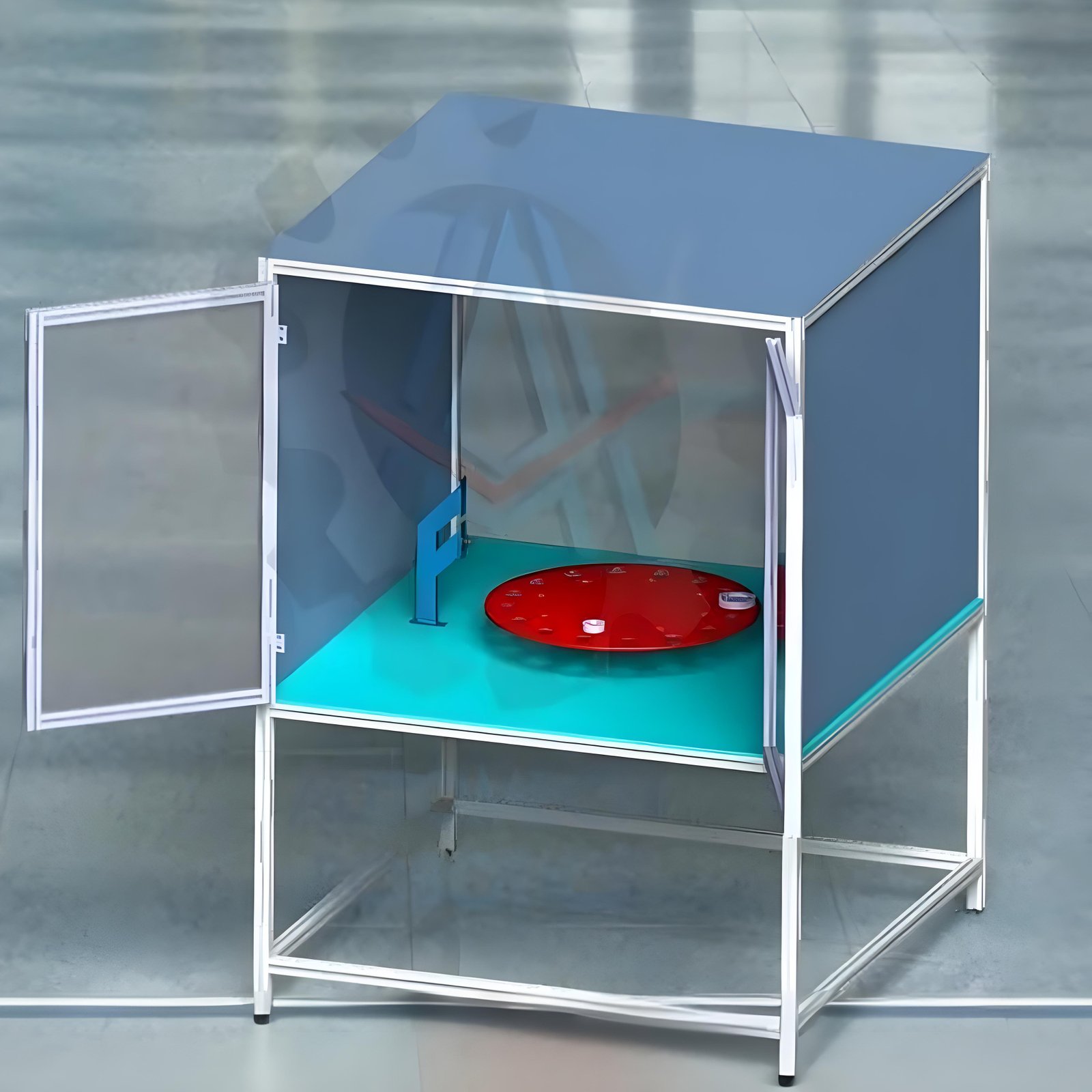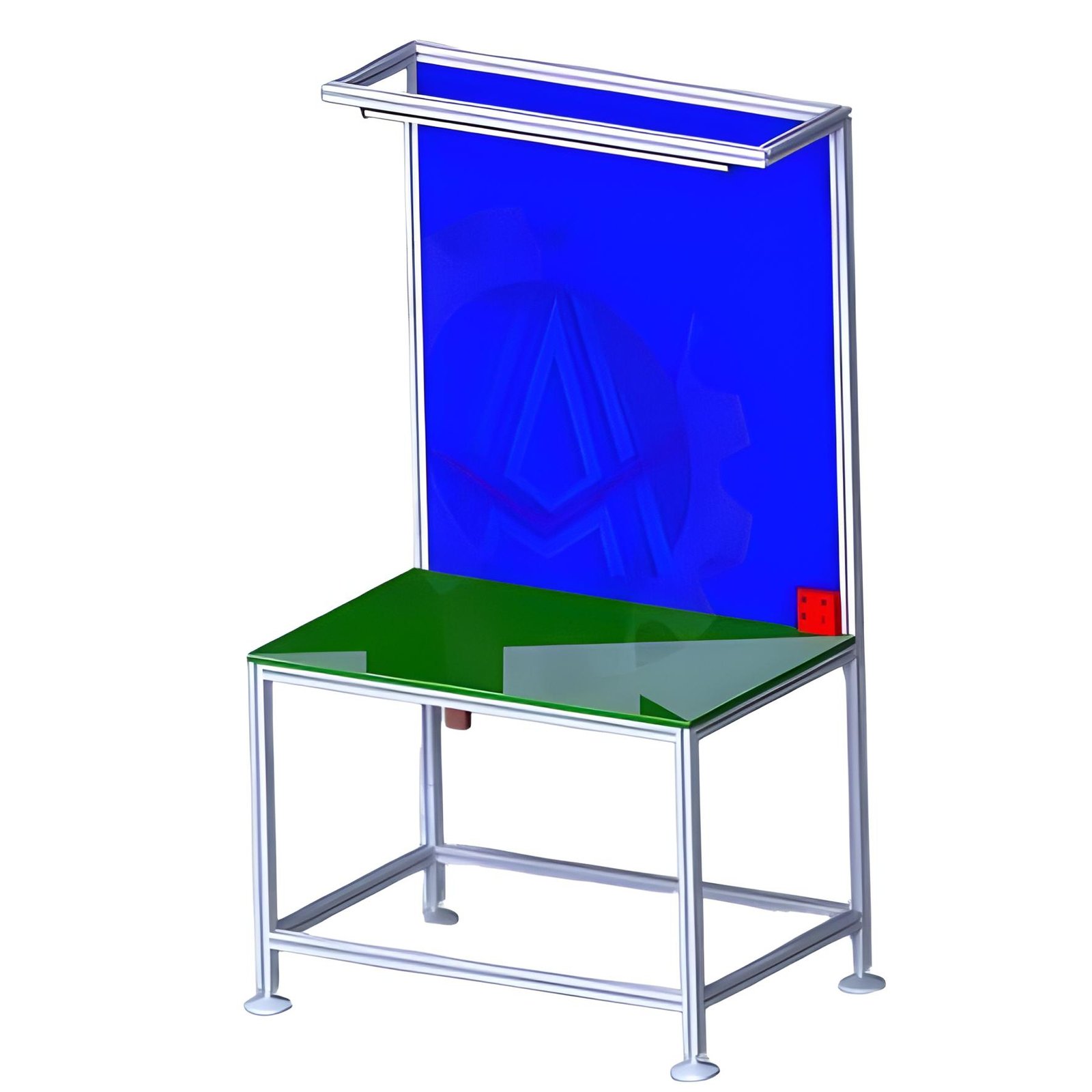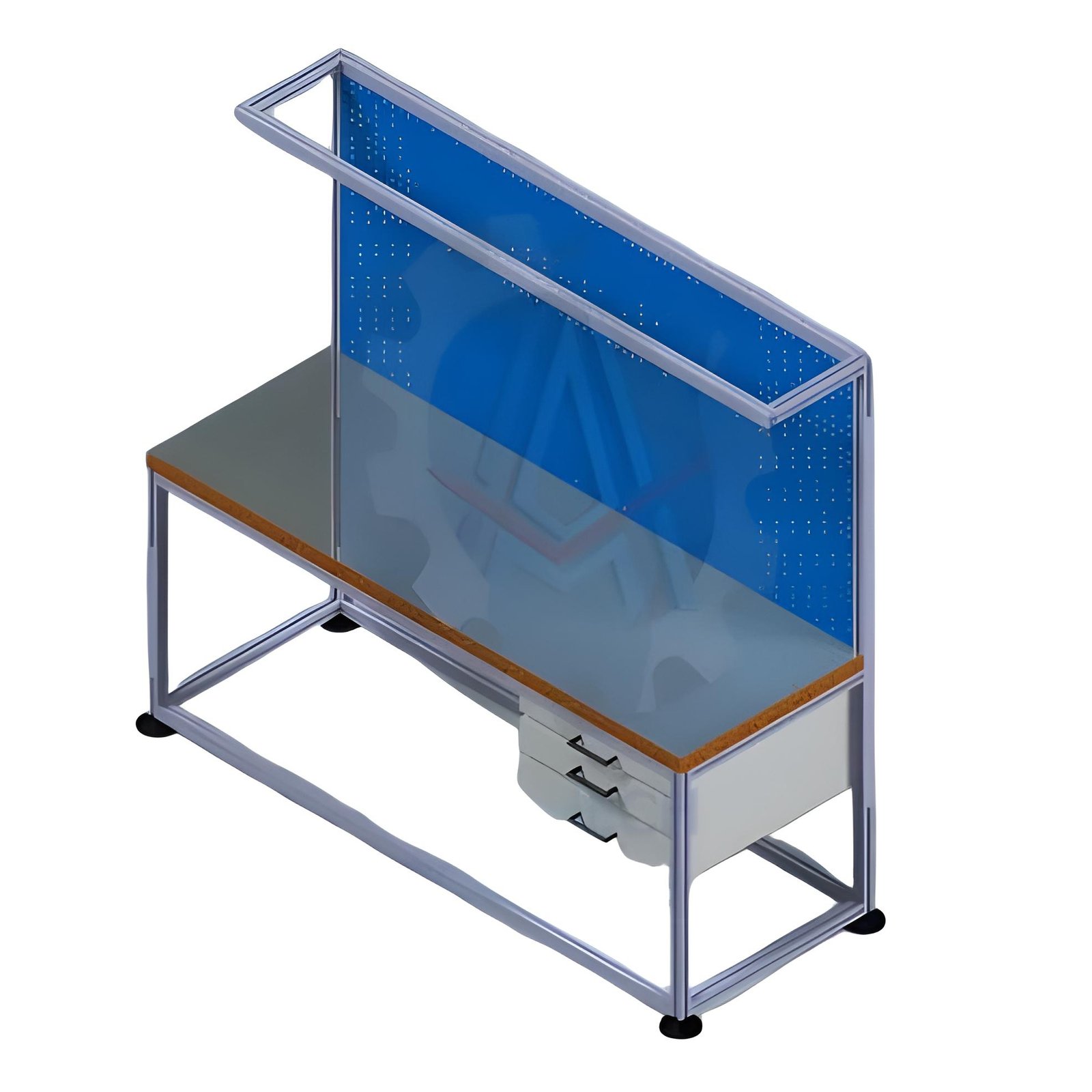Types of Workbenches:
- Wooden Workbenches: Classic and durable, ideal for woodworking and crafts.
- Steel Workbenches: Heavy-duty and sturdy, suitable for industrial use and heavy machinery.
- Adjustable Workbenches: Allow users to customize height and configuration for ergonomic work setups.
- Mobile Workbenches: Equipped with wheels for easy mobility around the workspace.
- Electronics Workbenches: Designed with features like ESD protection and cable management for electronics assembly and repair.
Features:
- Size: Dimensions available to suit different workspace requirements.
- Material: Specify the material used (e.g., wood, steel, laminate).
- Storage: Drawers, shelves, and cabinets for organizing tools and supplies.
- Work Surface: Smooth and sturdy surface for working on various projects.
- Weight Capacity: Maximum load the workbench can support.
- Extras: Built-in power outlets, lighting, or pegboards for added functionality.
Benefits:
- Productivity: Provides a dedicated space for efficient work.
- Organization: Keeps tools and materials tidy and easily accessible.
- Durability: Long-lasting construction for years of use.
- Versatility: Suitable for a range of tasks, from woodworking to electronics repair.
- Safety: Stable and secure platform for working with tools and machinery.
Usage:
- Garages: Perfect for DIY enthusiasts and automotive repairs.
- Workshops: Essential for professionals in various trades, such as carpentry and metalworking.
- Laboratories: Ideal for scientific research, testing, and experimentation.
- Manufacturing: Supports assembly, production, and quality control processes.
Customization Options:
- Color: Choose from a range of finishes to match your workspace aesthetics.
- Accessories: Additional attachments like vices, tool racks, or magnifying lamps.
- Logo/Branding: Option to add custom logos or branding for a personalized touch.



